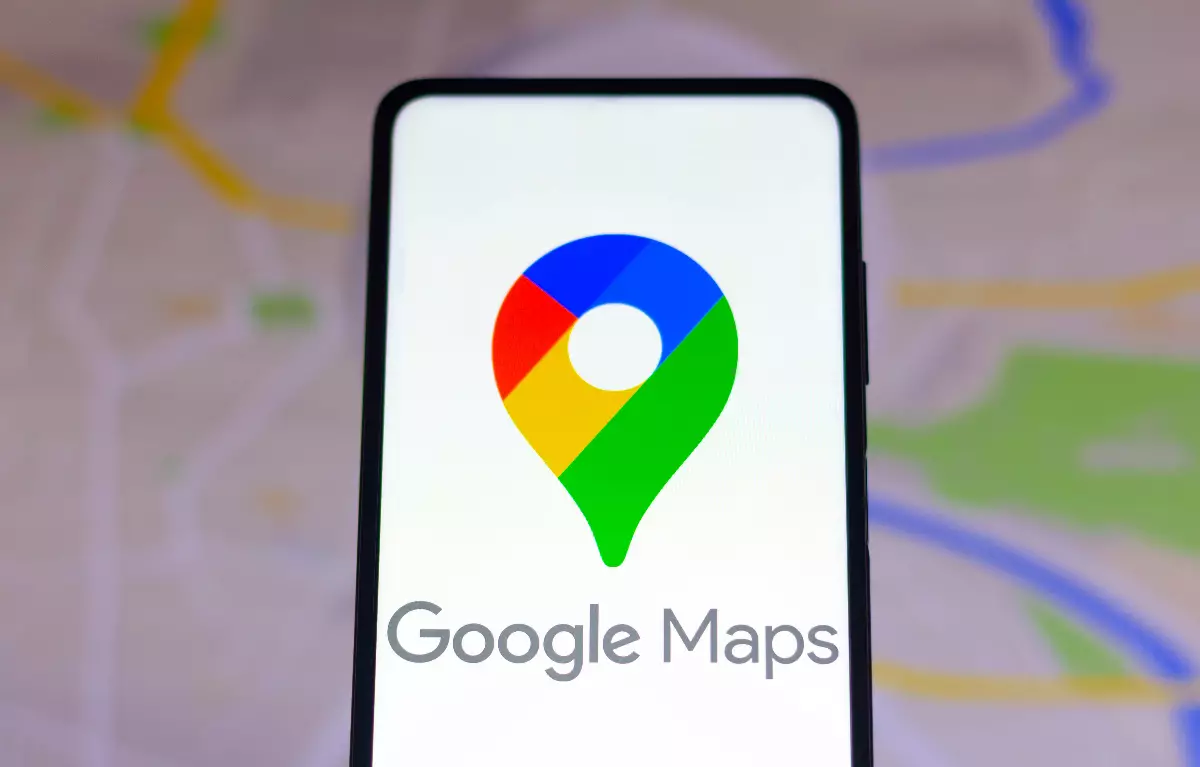In a significant stride towards enhancing user experience, Google has unveiled a series of innovative, AI-powered features on its Maps application, specifically tailored for users in India. These developments were publicly announced during the company’s annual “Google for India” event. The integration of advanced artificial intelligence aims not only to streamline navigation but also to enrich the overall interaction users have with the service, making map exploration both intuitive and visually engaging.
One of the standout additions to Google Maps is the introduction of AI-generated summaries of locations based on user reviews. This feature will analyze a multitude of reviews to present succinct overviews of various destinations, allowing users to make informed choices with ease. Additionally, Google Maps will now support curated searches for specific experiences, enabling users to find tailored recommendations effectively. For instance, a query about “unique picnic spots” or “themed birthday cakes” will yield a more focused exploration of relevant local businesses, streamlining the search process dramatically.
In an era where visuals reign supreme, Google Maps has shifted towards an image-first interface. This approach ensures that upon conducting searches, users are greeted with an array of photos submitted by both businesses and community members. By employing sophisticated image recognition algorithms, Google links visuals directly to specific inquiries, providing a richer, more engaging experience. This development stands as a testament to the importance of visual content in shaping consumer decisions in today’s digital landscape.
Adding further value, Google Maps will now feature real-time weather alerts – a crucial addition in a country prone to unpredictable weather patterns. Users will receive timely notifications about low-visibility conditions from fog or flood warnings, allowing for safer navigation. This feature is particularly beneficial for travelers and daily commuters, enhancing the app’s functionality by integrating local weather patterns into travel planning.
The update also reflects Google’s commitment to integrating community input into its features. Following earlier enhancements that included localized navigation improvements and electric vehicle charging station information, this evolution in Google Maps aligns with the need for collective intelligence in urban navigation. The ability to interact with and consume community-generated content allows for a richer exploration of local offerings that might otherwise go unnoticed.
Set to roll out later this month, these transformative upgrades reinforce Google’s dedication to creating a user-centric navigation tool. They not only elevate the Maps experience in India but also hint at a future where AI plays an integral role in everyday digital interactions. As Google continues to refine its offerings, users can look forward to a smarter, more personalized mapping experience that adapts to their individual needs and preferences.

